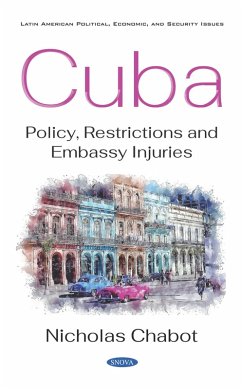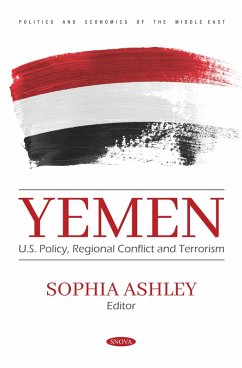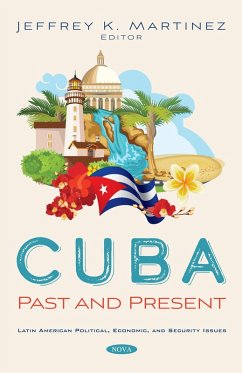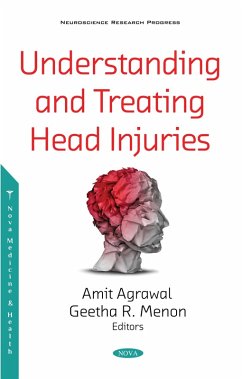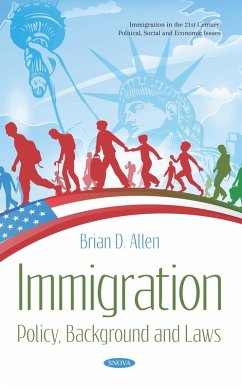Since the early 1960s, when the United States imposed a trade embargo on Cuba, the centerpiece of U.S. policy toward Cuba has consisted of economic sanctions aimed at isolating the government. Chapter 1 reviews the U.S. policy toward Cuba under the Obama and Trump Administrations. Chapter 2 examines U.S. policy toward Cuba in the 116th Congress. Chapter 3 provides information on legislative provisions restricting relations with Cuba. Restrictions on travel and remittances to Cuba have constituted a key and often contentious component in U.S. efforts to isolate Cuba's communist government since the early 1960s. Chapter 4 examines developments in U.S. policy restricting travel and remittances to Cuba, current permissible travel and U.S. diplomats and their families in Havana, Cuba, were affected by incidents that were associated with injuries, including hearing loss and brain damage. State has reported that over 20 U.S. diplomats and family members in Havana have suffered from medical conditions believed to be connected to the incidents, which began in late 2016 and have continued. By law, State is generally required to convene an ARB within 60 days of incidents that result in serious injury at, or related to, a U.S. mission abroad, but the Secretary of State can determine that a 60-day extension is necessary. Chapter 5 examines the extent to which State's ARB policy ensures that M/PRI is made aware of incidents that may meet the ARB statute criteria. Chapter 6 is the statement of Brian M. Mazanec concerning the injuries to U.S. personnel in Cuba. Chapter 7 reports on the U.S. response to injuries of U.S. Embassy personnel in Havana, Cuba. On August 31, 2016, as part of a shift in U.S. policy toward Cuba, air carriers resumed scheduled commercial flights between the United States and Cuba, a route previously only open to public and private charter carrier operations. Chapter 8 examines (1) the extent to which TSA followed its standard operating procedures when assessing aviation security at Cuban airports in fiscal years 2012 through 2017; (2) the results of TSA's Cuban airport assessments in fiscal years 2012 through 2017; and (3) the results of TSA's air carrier inspections for Cuba in fiscal years 2016-when commercial scheduled air service between the United States and Cuba resumed-and 2017.
Dieser Download kann aus rechtlichen Gründen nur mit Rechnungsadresse in A, B, BG, CY, CZ, D, DK, EW, E, FIN, F, GR, HR, H, IRL, I, LT, L, LR, M, NL, PL, P, R, S, SLO, SK ausgeliefert werden.
Hinweis: Dieser Artikel kann nur an eine deutsche Lieferadresse ausgeliefert werden.

